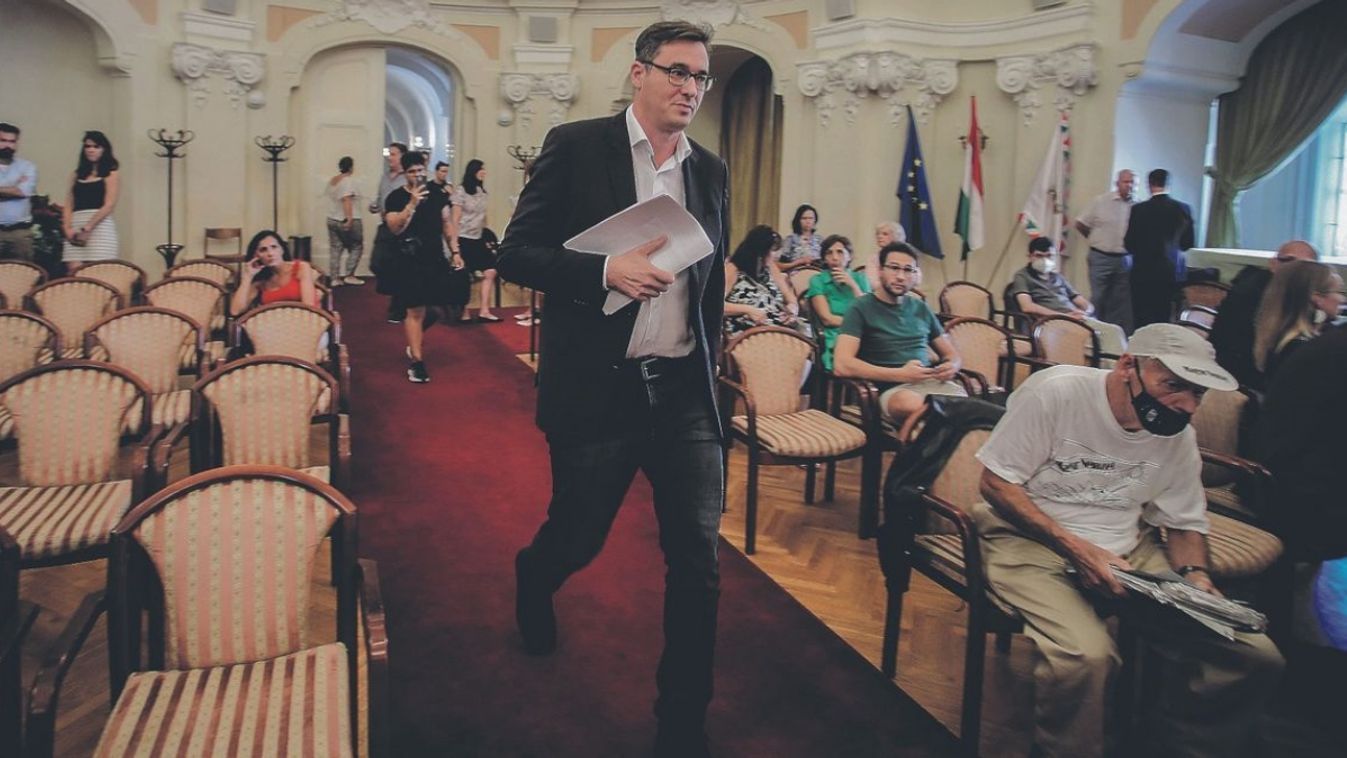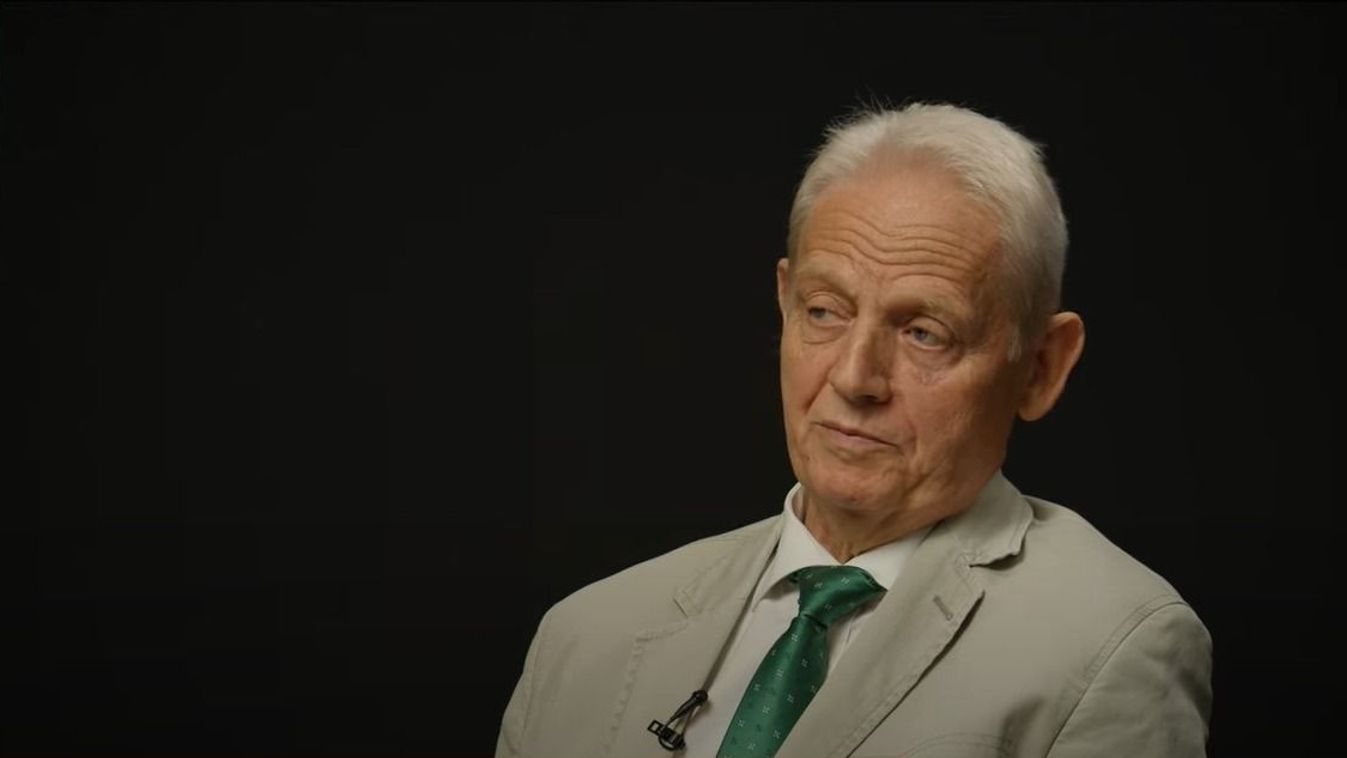Unorthodoxy
The economic policy of the Orbán government is a huge and bizarre experiment. Its authors, using epic phraseology, describe it as a future wonder. But the hair-raising, unpredictable economic policies of the past two years have yielded no breakthroughs for the Hungarian economy, according to the latest data. Meanwhile, other countries in the region have emerged from crisis on the wings of orthodox economic solutions (some, such as Poland, never fell into crisis in the first place). Unorthodox economic policy, ad-hoc decisions and short-term tax hikes have done nothing for consumer confidence or business investment. Unemployment rates have refused to budge; the sovereign debt remains a concern. To understand this, one need only listen to the opinions of economists linked to the Right, and I don't mean econo-magicians who mix Marxist theories with nationalism and philosophy straight out of The Matrix.
The Danger of Introspection
In the 1990s, it was Sándor Márai. In the first decade of the new century, Albert Wass. And now, it’s József Nyirő. The range of writers the mainstream Right placed upon the cultural pedestal shows the sort of dangerous introspection threatening the Right even as it enjoys its most successful era since the transition of 1989. Let us admit: the cultural world of the mainstream Hungarian Right is narrow, and its cultural performance and output is scant. Fidesz has always been a political machine with lawyers and economists as cogs. It remains culturally immature. Cultural policy languishes among the government’s lowest priorities. Although there are reassuring individual and community-based efforts, a Kunó Klebersberg (a government politician in the Horthy era with progressive ideas in the fields of culture and education) is missing -- that is, someone who could lend ideas and structure to conservative cultural policies for a postmodern world.
Reconciliation with Diversity
Mighty is the contrast between the roiling mix of ideologies of the existing Hungarian Right and the strict, martial inner order of its political party. The traditions of the Right fell into disrepair after 1944-1945. After 1989, an ideological chaos pervaded the Right, and two decades did not suffice to rediscover its roots. There are plenty of initiatives and communities representing varying tendencies of the Right. The 13-year-history of our publishing and blogging community -- UFi, Reakció, Mandiner magazines -- the broader blog network -- Konzervatórium, Jobbklikk, Mos Maiorum -- and the Kommentár periodical comprise just one stand of trees in this jungle. But this stand exists, and its roots are set. There are many other ideological directions on the Right, and they, too, should express themselves. A plethora of new workshops, think tanks, journals and online magazines await germination. And it would be the best for everybody if these communities were as independent as possible from the Right’s formidable political organization and the extended party machine. The Right has to accept its own diversity. The Right should get to know its own current, varied, and incredibly exciting traditions, which are largely unknown to the public at large. Only then, perhaps, will shady, mediocre opinion leaders fall from grace as idols of the Right.
What Has Begun: the Future or the Past?
The world has opened up to an astonishing degree, as is evident to those who can afford to travel as well as those who do their exploring online. Today's Hungarian Right seems unaware of this, though. It’s unsure of what to make of all these young people who have grown up in the open world, who have amassed information and knowledge in new ways. In addition to the danger of undermining cultural introspection, a lack of lifestyle introspection represents another risk to the Hungarian Right. Politicians must comprehend today's world – the world based on which they formulate laws, launch strategies and introduce new programs every day. Making efficient conservative policies in this postmodern era is no easy task for decision makers. It’s not clear to me that today's political and cultural conflicts, many of which are rooted in the past, can be reconciled with the needs of future generations. The Hungarian Right has begun to not understand today's world. No wonder, then, that the world doesn't fully understand the Hungarian Right, either.
Open Up!
The Right must make huge strides to live up to the endorsement voters gave it in 2010. The mastery of power politics is no longer enough. Opening, building, seeing and understanding the world, debating, conversing and learning - all this must be done, and quickly. This is not just in the self-interest of the Right and its political allies. What if Fidesz, the only force that has proven itself to be capable of managing the country, loses in 2014? We shall not be the next Greece. We shall, rather, be the next Hellas. Still, we are best off as a peaceful, moderate country – with a peaceful, moderate Right that sometimes governs and sometimes goes to bat as the opposition. The rest of us can then be independent, autonomous citizens. Let us say with Zrínyi: we don't run anywhere, we shall have our noble freedom in Pannonia. Let us feel at home in it.
*
A version of this article originally appeared in Hungarian on the blog at Mandiner.






















